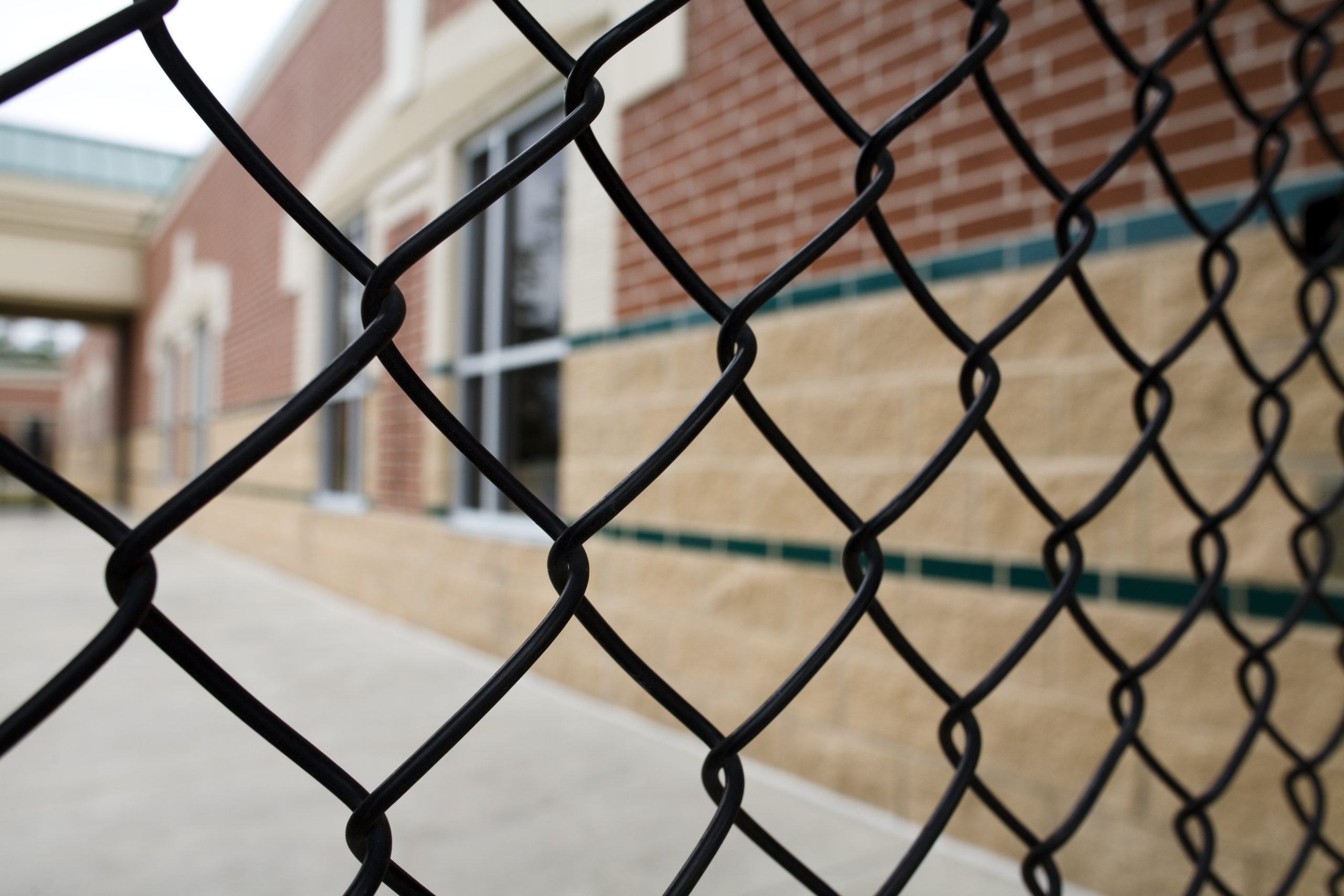Inequities in socioeconomic and daily living conditions can cause adverse outcomes for young people that persist through their lifetime, but early interventions can make a difference in K-12 achievement and adult life, according to the report Strengthening Early Childhood Health, Housing, Education, and Economic Well-Being Through Holistic Public Policy.
Released by The Center for American Progress earlier this summer, the report examines the importance of the five domains of social determinant of health and well-being — education, health care, neighborhood and physical environment, social and community context, and economic stability — in the “preschool period” of ages 3-6 to a person’s lifelong circumstances.
During the transition from a toddler into early childhood, health, development and well-being are tied to an array of social and contextual factors that impact access to the domains.
“The years between ages 3 and 6 … also mark a shift in physical, cognitive, and behavioral development that sets early childhood apart from prior life stages and introduces a set of unique needs that should be addressed through holistic policies,” the report states. “The role of caregivers during this period therefore begins to take new shape, and having the support and resources needed to promote healthy early child development and learning is linked with improvements in child physical, social, and cognitive development; greater language skills; improved literacy and numeracy; better health outcomes; and greater economic stability throughout life.”
Considerations in the education realm explored in the report include expanding access to high-quality child care, Head Start and federal child care subsidies; reducing preschool expulsions; promoting culturally responsive early education; and mitigating the impact of COVID-19 on children with disabilities.
California has addressed some of these elements already through investments in universal prekindergarten/transitional kindergarten and legislation that bans willful defiance suspensions in grades TK-5 and bans expulsions for defiance/disruptions for all K-12 students.
Effectively incorporating culturally responsive pedagogy in early learning settings, through tools like storybooks, toys, songs or other classroom materials that reflect students’ diverse backgrounds and identities, can boost student engagement, motivation and connection to the learning process, according to the report. “In addition, educators are encouraged to hold high expectations for their students and their abilities, which has been seen to improve students’ learning and performance outcomes,” it states.
The needs of students with disabilities should also be a focus coming out of the pandemic as they faced disproportionately higher rates of hardship with materials, hunger, emotional distress, disruptions to screenings and intervention services and reduced access to educational accommodations.
Other domains
The following examples of actions that can be taken to support learners in their early childhood years were also offered in the report:
- Health care:Expanding access to health insurance coverage, continuous eligibility for Medicaid and the Children’s Health Insurance Program, preventive well-child visits and childhood immunizations.
- Neighborhood and physical environment:Addressing the impacts of climate change, reducing exposure to environmental pollution and toxins and promoting health and development through built environments.
- Economic stability:Expanding the child tax credit, addressing food insecurity and reducing child poverty.
- Social and community context:Combating racial and gender discrimination, addressing the impact of parental incarceration and improving neighborhood safety.
The report lists policy and legislative priorities related to each domain.





